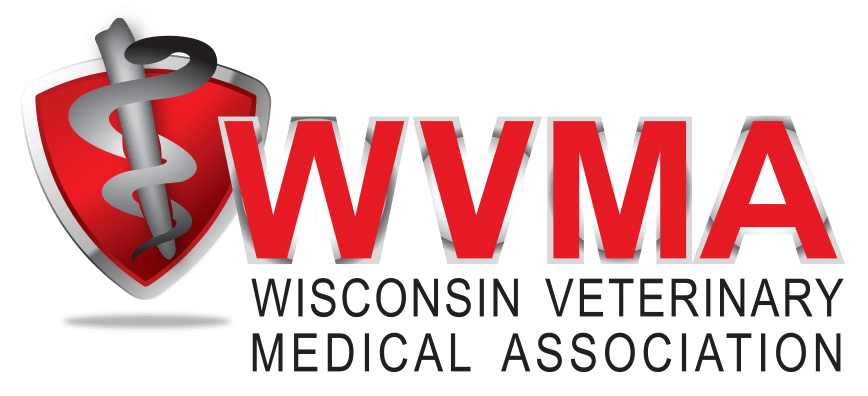Summer Danger for Dogs: Harmful Algal Blooms
July is prime time for fun in the summer sun. It also marks the peak of algal bloom season. And that can be a bad thing for dogs and other pets. Cyanobacteria, commonly known as blue-green algae, thrive in summer weather and can grow into harmful algal blooms (HAB) that produce cyanotoxins. When dogs swim or play in HAB-contaminated water, they can ingest these toxins and become severely ill. Exposure symptoms can occur in minutes to hours and vary from diarrhea and vomiting, drooling and foaming at the mouth, twitching or seizures, even collapse and sudden death.
Join us for epidemiologist insights and a veterinarian perspective on a list of topics including HAB prevalence and illness response in Wisconsin, health data on canine cases, research on exposure and symptoms, and diagnosis and treatment procedures. If you’re a small-animal veterinarian in search of the latest learnings on canine health, this webinar has the up-to-speed algal bloom info you need.
Speakers
Jordan Murray, MPH
Jordan is a HAB epidemiologist with the University of Wisconsin School of Medicine and Public health. She is stationed at the Wisconsin Department of Health Services where she’s entering her third year as the HAB Program coordinator. Her work entails prevention and management of HAB-related illnesses through epidemiological research, case investigation, and outreach efforts. She holds a BA in Neuroscience from the College of Wooster and a Master of Public Health in Epidemiology from the University of Toledo.
Rylee Mrachek
Rylee is serving as the HAB Program's summer intern at the Wisconsin Department of Health Services as part of completing her Master of Public Health at the University of Wisconsin-Madison, where she also obtained her BS in Global Health. Her role includes assisting with HAB-related illness investigations along with developing education and outreach materials. In addition to her HAB focus, Rylee is working with the University of Wisconsin-Madison Department of Civil and Environmental Engineering on research to determine how lake forecasting can be beneficial to public health.
Sherri Kasper, DVM
Dr. Sherri Kasper has been practicing veterinary medicine since 1998 and has been a member of the Northwood and Southwood Animal Hospital Team since 1999. She earned her DVM from the University of Florida in 1998 and her Master in Conservation Medicine from Murdoch University in 2010. She began working with aquatic animals in 2000 and obtained her Certification of Aquatic Veterinary Medicine in 2018 through WAVMA. She works with veterinarians and animal owners to improve awareness and knowledge of HAB. With AVMA’s Committee on Environmental Issues, Dr. Kasper created an AVMA microsite to assist in education and recently started working with the Florida Department of Health as an HAB epidemiologist to discover ways to combat the harmful effects of HAB.





